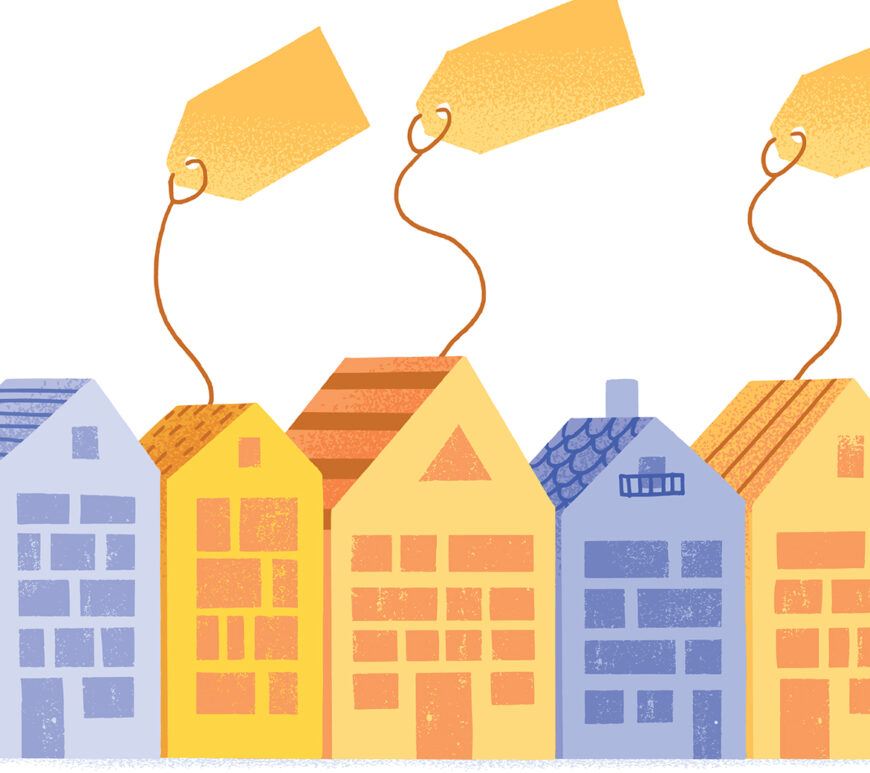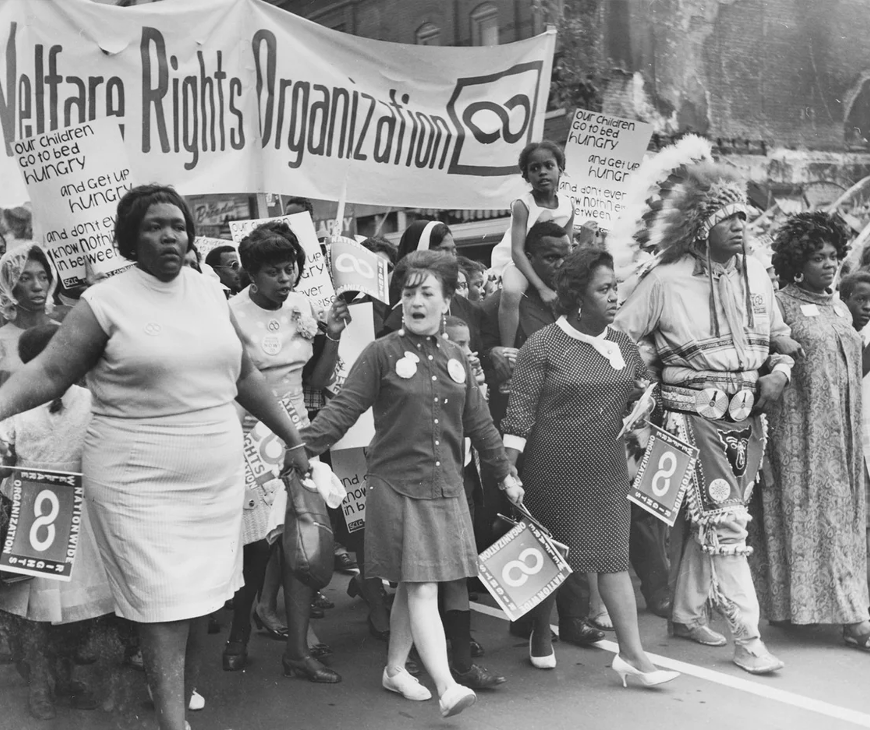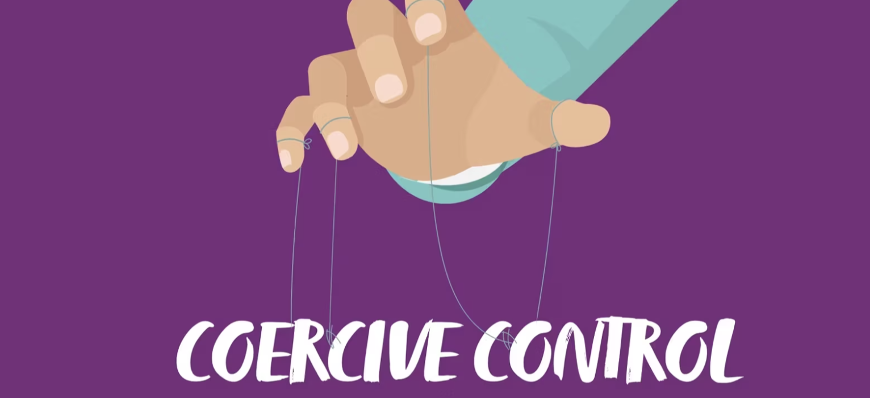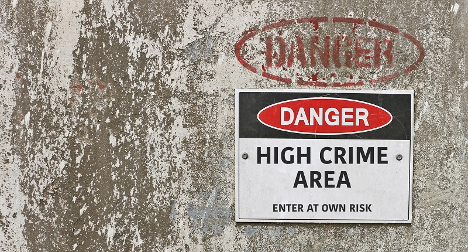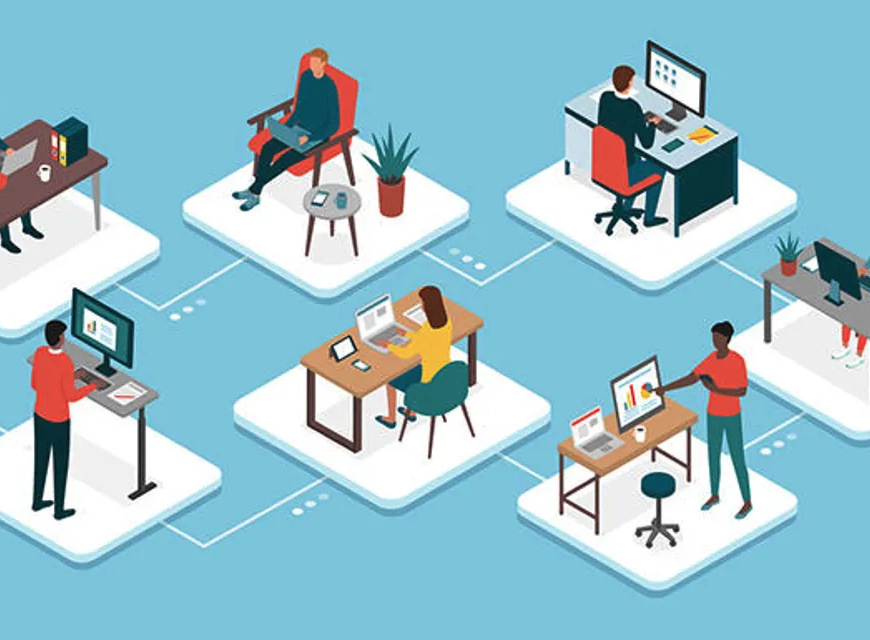
How Urban Planning Can Increase a Sense of Community
By Emma Wilson 36% of Americans reported feeling “serious loneliness” according to a study by Harvard Graduate School of Education.[1] American individualism and isolation are an epidemic which is corroding the well-being of society. [2] Growing homelessness, apathy to disasters, increased cynicism, and political frustration are hallmarks of American socio-political life today.[3] Unfortunately, this reality of American life was prophesied in the early 1800s by … Continue reading How Urban Planning Can Increase a Sense of Community
